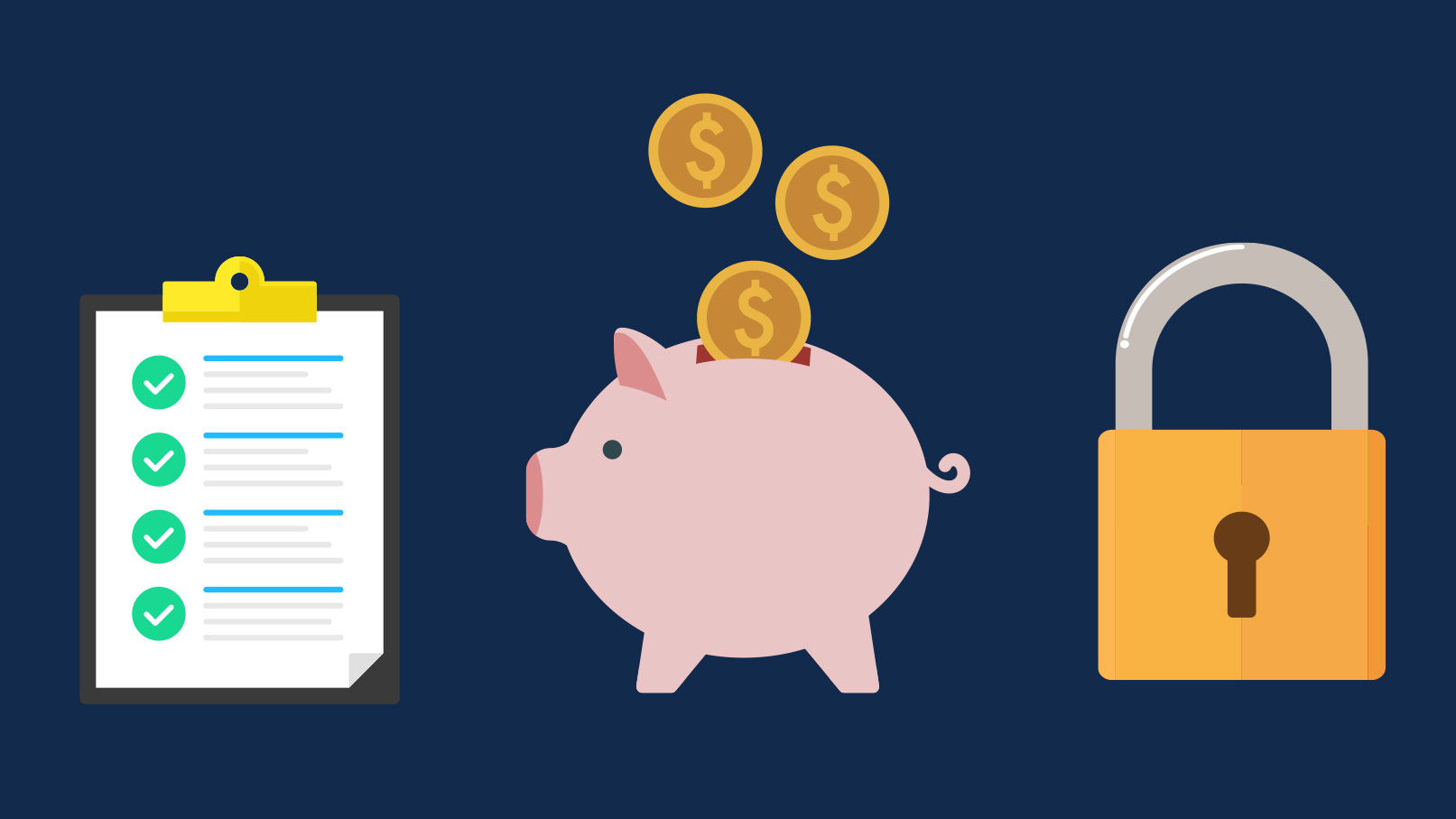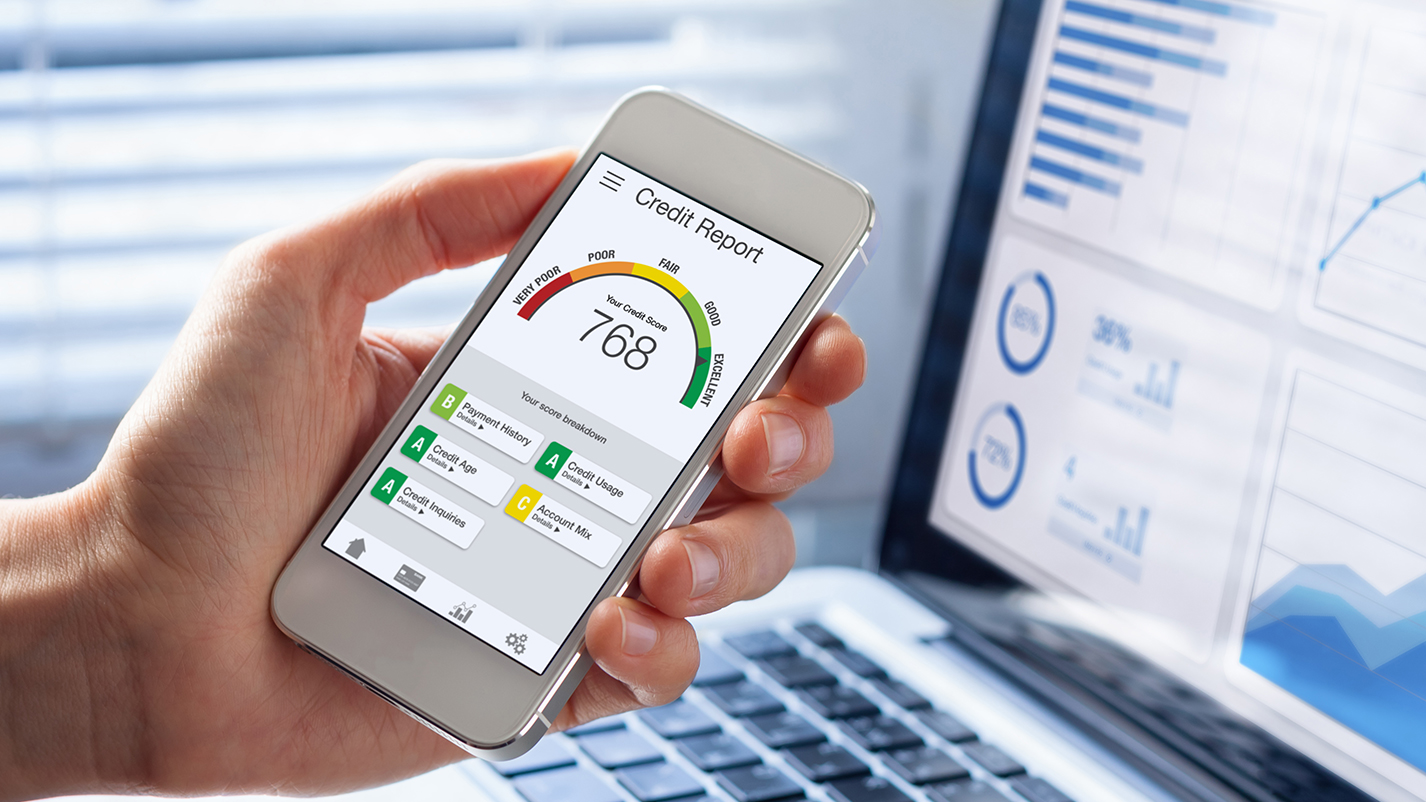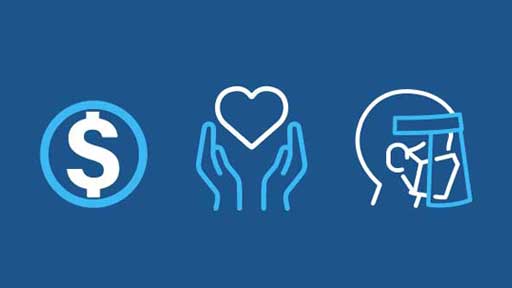
Renting means less commitment, but less freedom too. You’re usually stuck with many of the choices your landlord made, including their selections for appliances, carpet, or paint colors, and must follow their rules, like no pets allowed. With the average cost to rent increasing over the past few years, many are asking, “Am I ready to buy my own home?”
Here are a few steps to take before you say “yes.”
Step 1: Ask yourself three questions.
The answers to these questions can help you decide if you’re ready to take the next step.
What’s my credit score?
Most credit unions and banks require a minimum credit score of 620 for a conventional mortgage loan. A higher score can often get you a better rate and better terms on your loan. For instance, if you have a very good credit score, your lender may be more likely to accept a smaller down payment than if you just meet the 620 requirement.
If your credit score is lower than you’d like, don’t throw in the towel. Talk to an MSGCU team member and we can develop a plan to help you improve your credit score before you start the homebuying process. Members can also utilize Credit Score, our free tool in MSGCU online and mobile banking, to understand key factors that impact their score, receive tips for improving it, and see personalized recommendations on how we can help you save money.
How much do I have saved for a down payment and closing costs?
If you can afford to put down 20% of the purchase price, you can avoid paying Private Mortgage Insurance (PMI), an additional charge that protects your lender from your possible default on the loan. However, you’ll need more than 20% saved to put 20% down, because closing costs are usually about 4% of the home’s purchase price.
For a $250,000 home, you’d want to have: $50,000 down payment (20% of $250,000) + $10,000 closing costs (4% of $250,000) = Total: $60,000
Sound daunting? Don’t worry. If your credit is good, most lenders are willing to accept down payments lower than 20%. Michigan Schools and Government Credit Union even offers a no down payment mortgage for qualified first-time homebuyers.
Am I prepared for the other expenses of owning a home?
Utilities, property taxes, repairs and maintenance, lawn care – it can all add up. If you have friends with homes that are comparable to what you’re looking for, they can help provide an estimate of what to expect.
Step 2: Do your homework.
The more you know about buying a home, the more confident you’ll be making decisions along the way. You can ask friends or family who have bought homes and do your own online research, or you can take advantage of our free Homebuyers Workshop. It’s available as an online or in-person course, and once you’ve completed it, you’ll receive a coupon for $375 off a home appraisal (the amount will be deducted from your closing costs).
Participants can sign up online to attend our Homebuyers Workshop and will learn about budgeting for a home, getting preapproved for a mortgage, completing a home inspection, finalizing your purchase at closing, and more.
Step 3: Look at the big picture.
Mortgage rates have been climbing recently, which has deterred some renters who would like to become buyers. For most people, a home purchase is not a short-term investment, so it shouldn’t be based on what rates have done in the last year or even the last two years.
From a historical perspective, today’s mortgage rates are not particularly high. The highest mortgage rates in history occurred in 1981, when the average rate for the year was a whopping 16.63%. If you were buying a home in October of 1981, your rate for a 30-year fixed-rate mortgage could have been as high as 18.45%. Yikes!
Base your home purchase on your personal financial situation and your plans for the future, rather than current rates alone. If rates drop later, you can always refinance your mortgage for a more attractive rate.
Step 4: Don’t be afraid to ask for guidance.
Buying a home is likely the biggest purchase you’ll ever make. Asking for help is not only smart, it could save you thousands of dollars. The mortgage experts at MSGCU are more than happy to sit down with you, review your financial situation, and recommend your next steps for buying that new home. As a full-service financial institution, we have all the tools to help you reach your goal.
Connect with a friendly MSGCU mortgage consultant by calling (866) 674-2848, visiting our website, or making an appointment at any of our 21 convenient locations in Southeast Michigan.
Category: Finance
« Return to "Blog"













































































